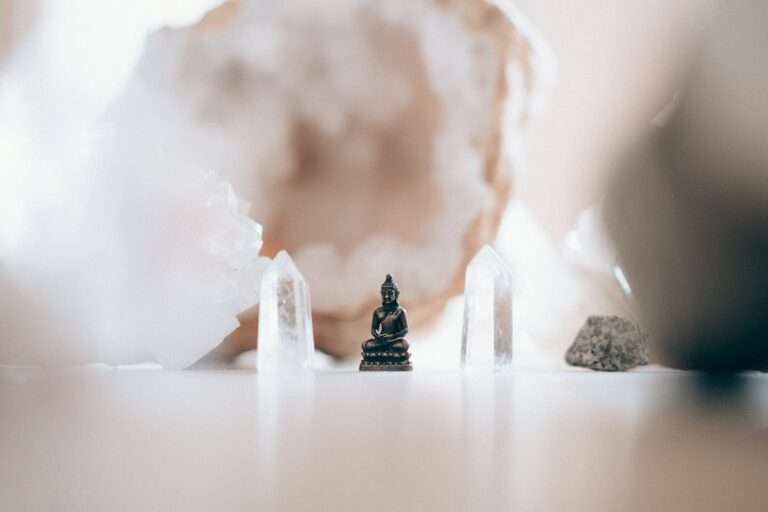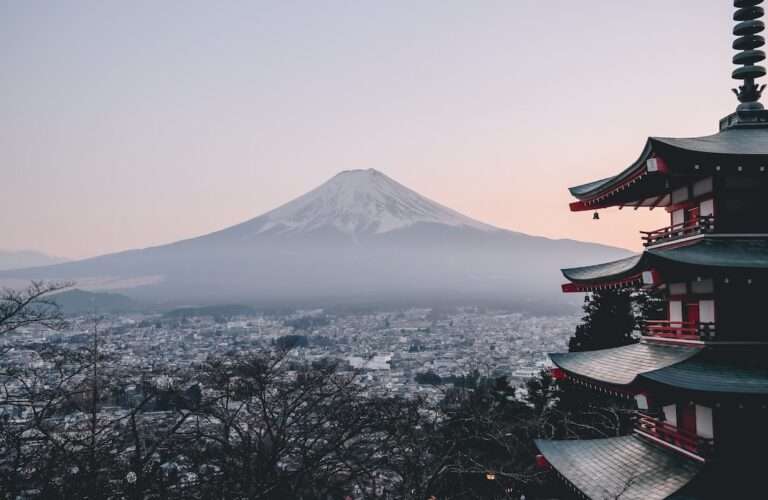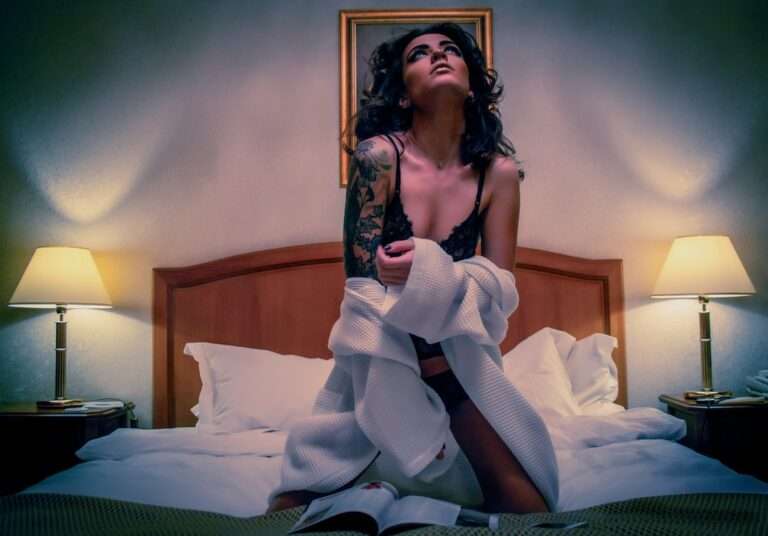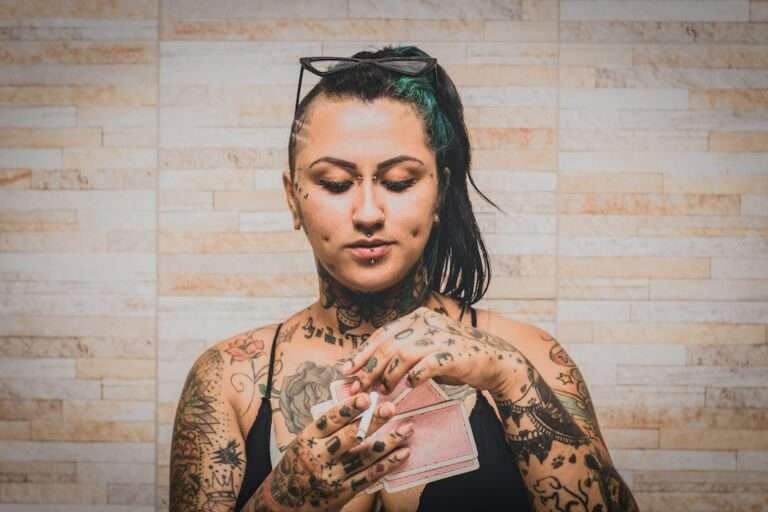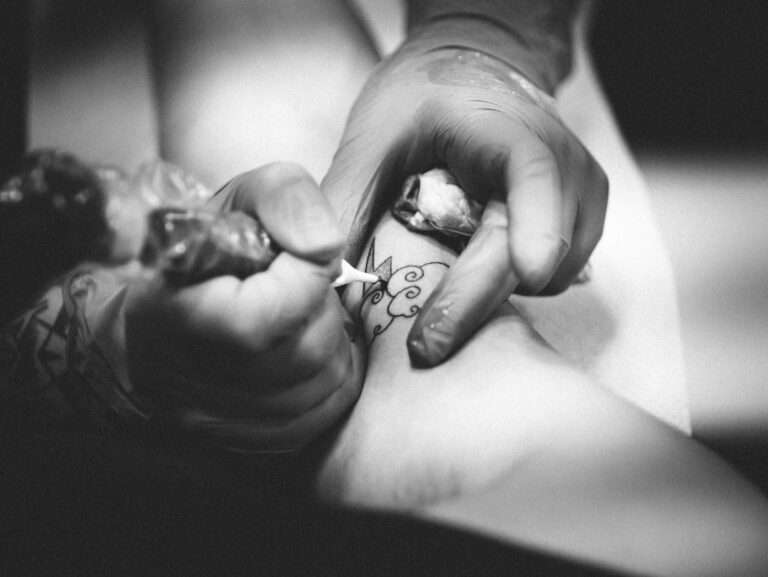Exploring the Meanings Behind Maori Tattoos
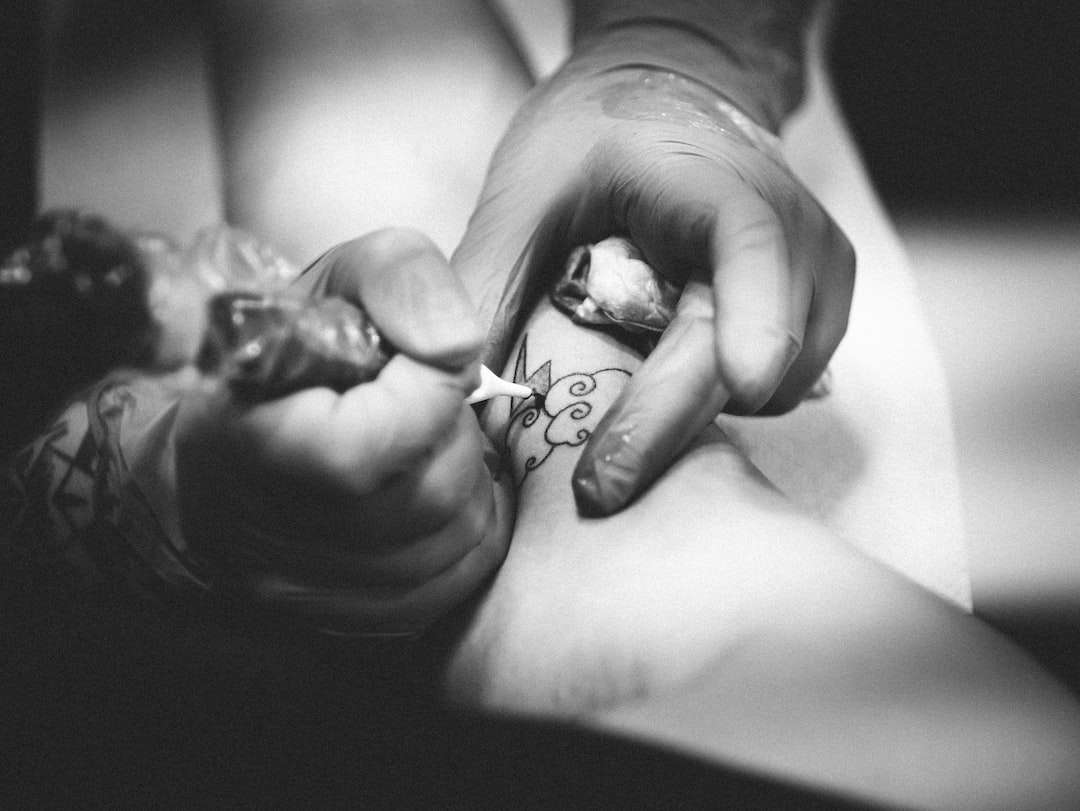
Maori tattoos, known as Tā Moko, are a traditional form of body art that holds deep cultural significance for the indigenous people of New Zealand, the Maori. These intricate tattoos are more than just decorative designs on the skin; they are a visual representation of a person’s identity, heritage, and connection to their ancestors. The term “Tā Moko” refers to both the process of tattooing and the final tattoo itself.
Understanding the Cultural Significance of Maori Tattoos
In Maori culture, tattoos hold immense importance and are considered a sacred art form. They are seen as a way to connect with one’s ancestors and to honor their heritage. Tattoos are not just a form of self-expression; they are a way to communicate one’s identity and place within the community.
Tattoos play a crucial role in storytelling and preserving history within Maori culture. Each tattoo design carries specific meanings and symbols that tell the story of an individual’s lineage, achievements, and life experiences. Through these tattoos, Maori people can pass down their history and traditions from one generation to the next.
The History and Evolution of Maori Tattooing
Maori tattooing has a long history that dates back centuries. The origins of Tā Moko can be traced back to Polynesian migration to New Zealand around 1,000 years ago. Tattooing was practiced by both men and women, with each gender having specific designs and placements.
The arrival of European colonizers in the 18th century had a significant impact on Maori tattooing. With colonization came the introduction of Western culture and values, which led to a decline in traditional practices, including tattooing. However, in recent decades, there has been a revival of Maori tattooing as a way to reclaim cultural identity and preserve traditional art forms.
The Symbolism and Meanings Behind Maori Tattoo Designs
Maori tattoo designs are rich in symbolism and carry deep meanings. Each design is unique and personalized to the individual, reflecting their lineage, achievements, and personal journey. Some common symbols found in Maori tattoos include spirals, koru (fern fronds), manaia (guardian spirits), and tiki (human figures).
The placement and size of tattoos also hold significance. The face is considered the most sacred part of the body, and facial tattoos, known as moko kauae for women and moko whakairo for men, are seen as a mark of prestige and honor. Other parts of the body, such as the arms, legs, and back, are also commonly tattooed.
Personalization is a crucial aspect of Maori tattooing. Each design is tailored to the individual’s unique story and heritage. The process of designing a tattoo involves consultation with a skilled tattoo artist who takes into account the person’s genealogy, life experiences, and aspirations.
The Role of Maori Tattoos in Cultural Identity and Heritage
Maori tattoos play a vital role in shaping cultural identity and preserving Maori heritage. For many Maori people, getting a tattoo is a way to reconnect with their ancestors and assert their cultural identity in a modern world.
Tattoos serve as a visual representation of one’s heritage and act as a reminder of the values, traditions, and stories passed down through generations. They are a source of pride and a way to honor the sacrifices made by ancestors.
In contemporary Maori culture, tattoos have become a symbol of resilience and strength. They are seen as a way to reclaim cultural identity that was suppressed during colonization. Maori people with tattoos are often seen as ambassadors of their culture, proudly showcasing their heritage to the world.
The Spiritual and Ritualistic Aspects of Maori Tattooing
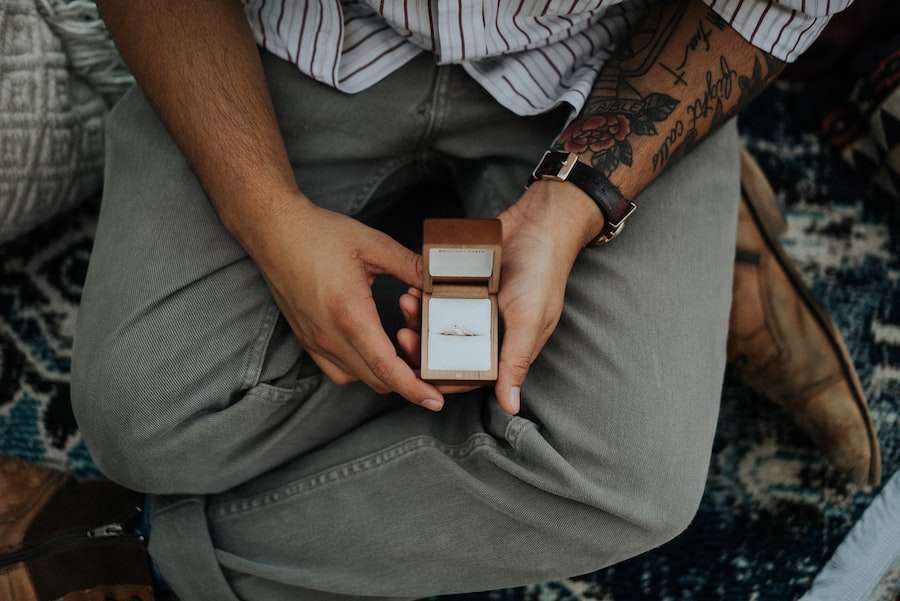
Maori tattooing is deeply intertwined with spirituality and plays a significant role in various rituals and ceremonies. The process of getting a tattoo is seen as a spiritual journey, connecting the individual with their ancestors and the spiritual realm.
Tattooing ceremonies, known as Whakapapa, are conducted by skilled tattoo artists who are also spiritual guides. These ceremonies involve prayers, chants, and rituals to ensure a spiritual connection is established during the tattooing process.
Tattoos are believed to have protective and healing properties. They are seen as a way to ward off evil spirits and bring good fortune. The act of tattooing is considered a sacred ritual that strengthens the spiritual bond between the individual and their ancestors.
The Importance of Maori Tattooing in Maori Society Today
Maori tattoos continue to hold immense significance in modern Maori society. They are not just a form of personal expression but are seen as a way to assert cultural identity and promote cultural pride.
Maori tattoos have become increasingly popular among Maori people, with many individuals choosing to get tattoos as a way to reconnect with their heritage. Tattoo artists play a crucial role in preserving and promoting Maori tattooing by ensuring that traditional techniques and designs are passed down through generations.
The Challenges and Controversies Surrounding Maori Tattooing
Despite the cultural significance of Maori tattoos, there are challenges and controversies surrounding their practice. Cultural appropriation is a significant concern, with non-Maori individuals getting Maori tattoos without understanding or respecting the cultural significance behind them.
Maori tattoo artists also face challenges in preserving traditional techniques. The art of Tā Moko requires years of training and apprenticeship, but there is a shortage of skilled artists who can carry on the tradition. Additionally, modern tattooing techniques and equipment have influenced the way Maori tattoos are done, raising concerns about the authenticity of the art form.
The Global Appeal and Influence of Maori Tattooing
Maori tattoos have gained global popularity and have had a significant impact on the tattoo culture worldwide. Many people outside of New Zealand are drawn to the intricate designs and deep meanings behind Maori tattoos.
The influence of Maori tattooing can be seen in contemporary tattoo art, with artists incorporating Maori-inspired designs into their work. This global appeal has helped promote Maori culture and heritage on an international scale.
Preserving and Celebrating Maori Tattooing as a Cultural Treasure
Preserving Maori tattooing as a cultural treasure is of utmost importance. It is essential to recognize the significance of Tā Moko as a unique art form that holds deep cultural meaning for the Maori people.
Maori tattoo artists and cultural institutions play a crucial role in preserving and promoting Maori tattooing. They ensure that traditional techniques, designs, and cultural protocols are respected and passed down through generations.
Celebrating and promoting Maori tattooing as a valuable art form helps raise awareness about its cultural significance and fosters appreciation for Maori culture and heritage. By recognizing Tā Moko as a cultural treasure, we can contribute to the preservation and continuation of this ancient art form for future generations.
If you’re interested in exploring the rich symbolism behind Maori tattoos, you may also find the article on the symbolism of the sun on Symbolism Hub intriguing. The sun holds great significance in many cultures, including the Maori, and understanding its symbolism can provide deeper insights into the meanings behind their intricate tattoo designs. To learn more about this fascinating topic, check out the article here.
FAQs
What are Maori tattoos?
Maori tattoos, also known as Ta Moko, are traditional tattoos that originated from the indigenous people of New Zealand, the Maori. These tattoos are unique and have deep cultural and spiritual significance.
What do Maori tattoos represent?
Maori tattoos represent a person’s identity, social status, and genealogy. They also represent a person’s connection to their ancestors and the spiritual world. Each tattoo design has a specific meaning and tells a story.
What are some common Maori tattoo designs?
Some common Maori tattoo designs include spirals, koru (fern frond), manaia (spiritual guardian), tiki (human-like figure), and matau (fish hook). Each design has a specific meaning and significance.
What is the process of getting a Maori tattoo?
The process of getting a Maori tattoo is a sacred and spiritual experience. The tattoo artist, also known as a Tohunga Ta Moko, will consult with the person to understand their story and identity. The design is then drawn on the skin using a chisel and ink. The process is painful and can take several hours or even days to complete.
Are Maori tattoos only for Maori people?
Maori tattoos have deep cultural significance and are traditionally only for Maori people. However, in modern times, people from all cultures and backgrounds have been getting Maori tattoos as a way to honor and respect Maori culture. It is important to understand the cultural significance and meaning behind the tattoos before getting one.
What is the significance of facial Maori tattoos?
Facial Maori tattoos, also known as moko, are the most sacred and significant tattoos in Maori culture. They represent a person’s identity, social status, and genealogy. Facial tattoos are only for those who have earned the right to wear them through their actions and achievements in life.
